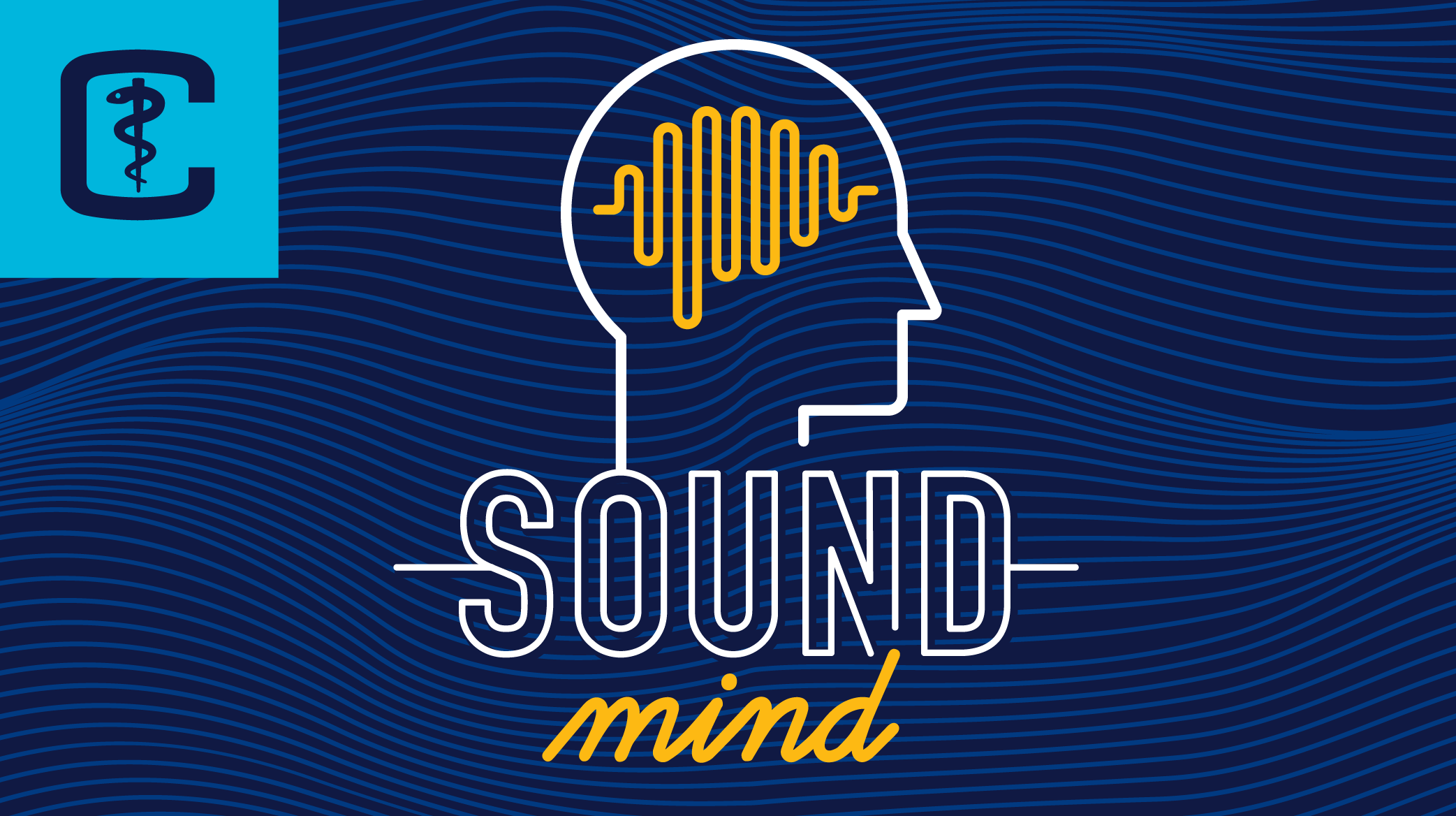
“In medicine we’ve been held to really unreasonable expectations of what it means to be a physician. Even the idea of 'health care heroes' during the pandemic, which came from wanting to honour providers, has actually had the reverse consequence – making health care providers feel they need to be superheroes.” – Dr. Jo Shapiro
Topics
Peer support Burnout COVID-19 wellness resources Crisis management Policies, standards and best practices
This website from the Mental Health Commission of Canada summarizes the National Standard of Canada for Mental Health and Well-Being for Post-Secondary Students. It also includes a copy of the standard and a starter kit to help post-secondary institutions implement it.
Topics
Establishing a wellness mindset Psychologically safe learning Policies, standards and best practices
Mentorship is a relationship in which a more experienced professional (the mentor) helps someone newer to the field (the mentee) grow both personally and professionally. It is an essential resource for medical students and residents, with mentors providing guidance and advice on research, career planning, career transition and work-life balance.
This scorecard from Resident Doctors of Canada highlights how mentorship is an essential component of the resident experience. It also looks at the status of mentorship in Canada, who should be recruited to be a mentor and the five mentorship essentials.
Topics
This position paper on mentorship in residency from Resident Doctors of Canada highlights the importance of mentorship as a component of the resident experience. The paper also looks at mentorship’s status in Canada; its benefits, challenges and barriers; and the five essentials of mentorship.
Topics
The Royal College of Physicians and Surgeons of Canada’s Competence by Design (CBD) program is based on competency-based education and aims to improve training for medical specialists in Canada. The benefits of CBD include clear learning expectations for trainees, opportunities for feedback and coaching, and feedback for lifelong learning.
Topics
Mentorship in health care Policies, standards and best practices
This video from the Royal College of Physicians and Surgeons of Canada summarizes the Competence by Design coaching model for resident learning and progression. The model includes three inter-related elements: resident learning, coaching in the moment and coaching over time.
Topics
Mentorship in health care Policies, standards and best practices
This web page from the Fatigue Risk Management Task Force provides residents and educators with resources to address fatigue: a workplace health and safety issue that can affect patient safety. The main principles discussed on this page are acknowledge, act and adapt.
Topics
Establishing a wellness mindset Policies, standards and best practices
This video from Resident Doctors of Canada features Dr. Albert Wu, an international expert on negative outcomes. He shares his expertise on debriefing with physicians after negative outcomes.
Topics
Psychologically safe learning Policies, standards and best practices
Addressing the culture of medicine to create a culture of wellness begins with eliminating negating/diminishing language and promoting pro-wellness language. This infographic by Resident Doctors of Canada provides examples of how pro-wellness language helps medical students and professionals feel supported and thankful, and creates a sense of solidarity.
Topics
Establishing a wellness mindset Psychologically safe learning
This module of the American Medical Association’s STEPS Forward program focuses on minimizing burnout and improving mental health and well-being in medical students. The module teaches learners to understand the purpose and benefits of well-being initiatives, and also how to engage students and faculty in the development of a well-being framework.
Topics
This article discusses Stanford Medicine’s program to prevent and reduce burnout and promote wellness among neurology residents. The program takes a three-pronged approach: creating mentorship teams, hosting monthly lunch conferences and promoting social activities.
Topics
Mentorship in health care Burnout Psychologically safe learning Establishing a wellness mindset Relationships

